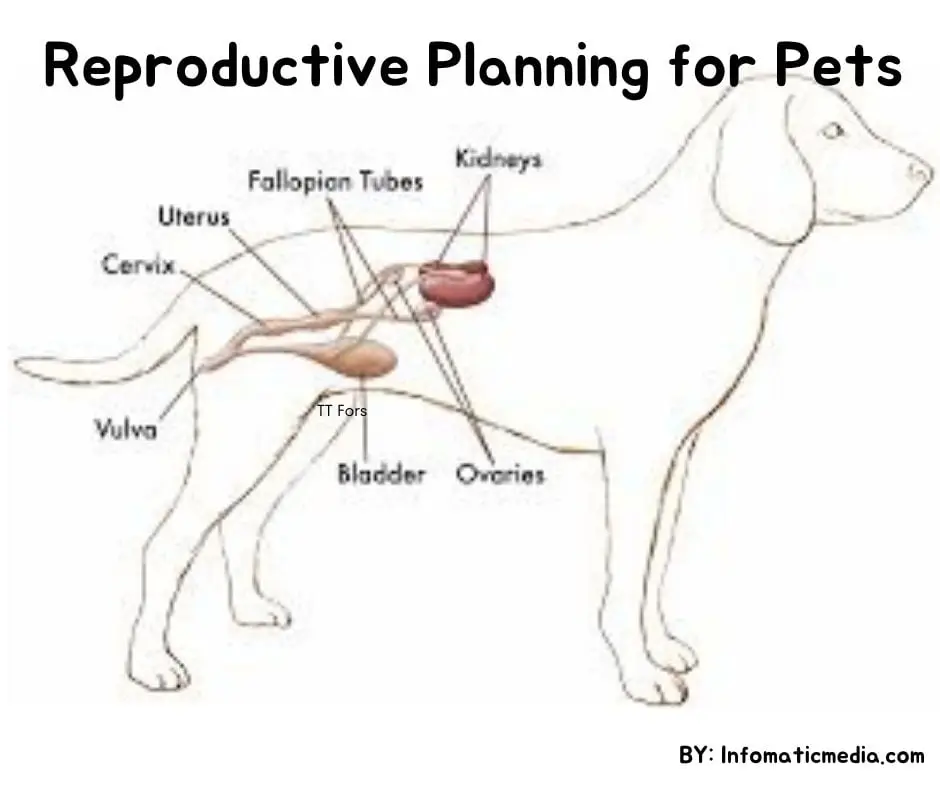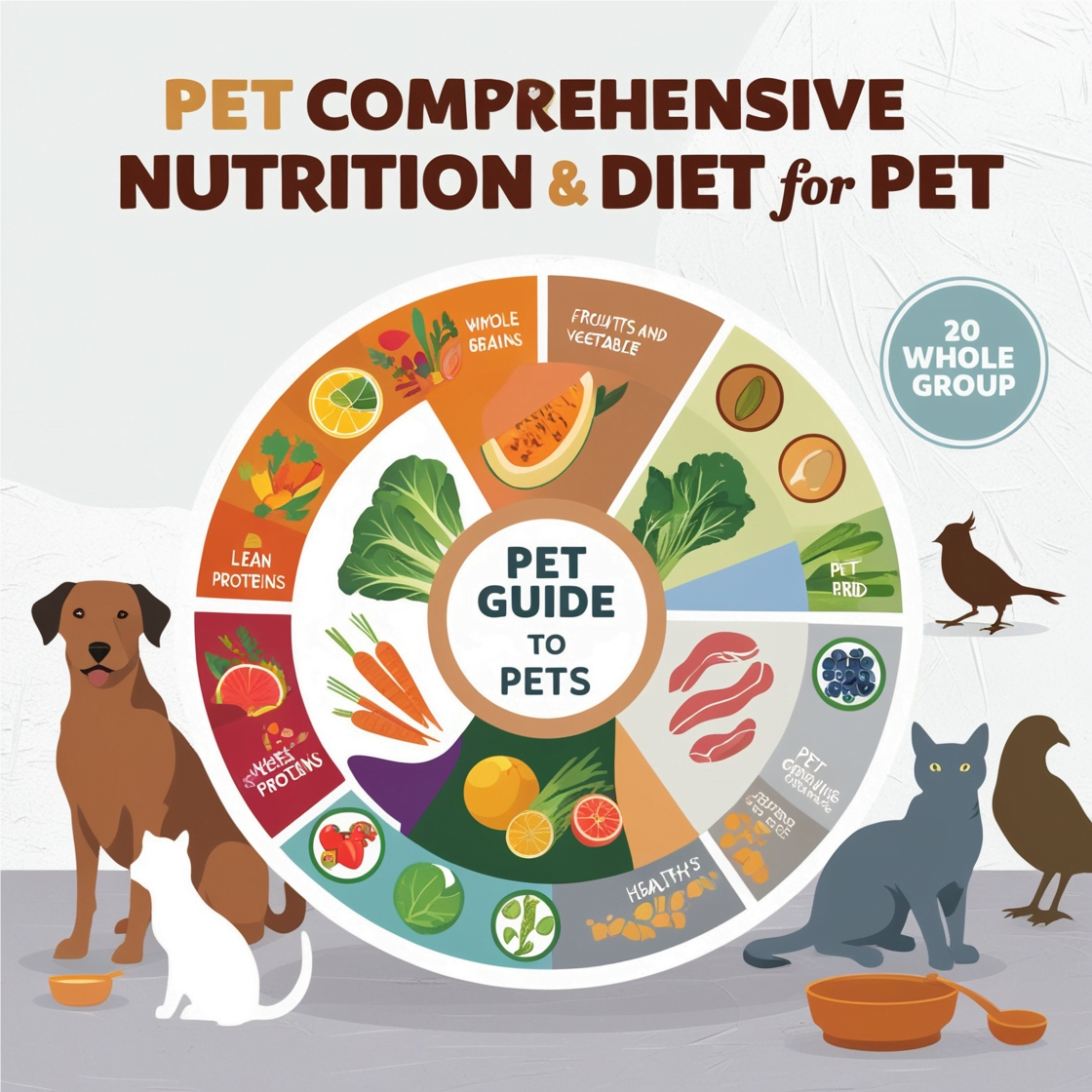Chronic Condition and Special Care
Pets, like humans, can develop chronic conditions as they age or due to genetic or environmental factors. Managing a chronic condition in pets requires ongoing care, attention, and sometimes, specialized treatments. Understanding common chronic illnesses and their symptoms is essential for ensuring your pet’s long-term health and quality of life. Below are some of the most prevalent chronic conditions pets may face and how to provide the best care for them.
Common Chronic Conditions in Pets
Chronic Pulmonary and Respiratory Diseases
- Chronic Pulmonary Lung Disease: Pets, especially dogs, can suffer from chronic lung issues similar to humans. Conditions like chronic obstructive pulmonary disorder (COPD) or chronic pulmonary lung disease can cause breathing difficulties, coughing, and fatigue.
- Tip: If your pet shows signs of chronic obstructive disease, such as persistent coughing or shortness of breath, consult your vet for a proper diagnosis and treatment plan.
- Bronchopulmonary Dysplasia: This condition can affect pets with early-life respiratory issues. It leads to inflammation and scarring in the lungs, making it harder for them to breathe.
- Tip: Monitor your pet’s breathing and ensure they avoid exposure to smoke, dust, and other lung irritants.
- Chronic Pulmonary Lung Disease: Pets, especially dogs, can suffer from chronic lung issues similar to humans. Conditions like chronic obstructive pulmonary disorder (COPD) or chronic pulmonary lung disease can cause breathing difficulties, coughing, and fatigue.
Chronic Fatigue and Energy Disorders
- Chronic Fatigue Syndrome (CFS): While uncommon in pets, some animals may display symptoms similar to chronic fatigue syndrome seen in humans. Symptoms like chronic exhaustion and reduced physical activity levels can indicate a chronic issue.
- Tip: Regular vet checkups are crucial if your pet shows signs of chronic fatigue or low energy levels. Work with your vet to develop an exercise routine that balances rest and activity.
- CFS Syndrome and Chronic Fatigue Disorder: Pets can experience fatigue as a symptom of underlying health issues, such as heart disease, kidney problems, or chronic infections.
- Tip: Address the root cause of your pet’s chronic exhaustion with proper medical care, and consider supplements to boost their energy levels.
- Chronic Fatigue Syndrome (CFS): While uncommon in pets, some animals may display symptoms similar to chronic fatigue syndrome seen in humans. Symptoms like chronic exhaustion and reduced physical activity levels can indicate a chronic issue.
Chronic Kidney Disease
- Renal Kidney Disease: A common chronic condition in older pets, renal kidney disease can significantly impact their quality of life. It affects the kidneys’ ability to filter waste from the blood, leading to symptoms like excessive thirst, weight loss, and vomiting.
- Tip: Early detection is key. Keep an eye on kidney disorder symptoms such as increased urination, dehydration, and lethargy. Regular blood tests can help catch kidney disease early, and dietary changes may slow its progression.
- Chronic Illness and Kidney Disorders: Managing chronic kidney disease involves providing specialized diets and, in severe cases, administering medications or fluids to help maintain kidney function.
- Renal Kidney Disease: A common chronic condition in older pets, renal kidney disease can significantly impact their quality of life. It affects the kidneys’ ability to filter waste from the blood, leading to symptoms like excessive thirst, weight loss, and vomiting.
Neurological Disorders in Chronic Condition
- Chronic Traumatic Encephalopathy (CTE): Though rare in pets, head trauma can lead to conditions like chronic traumatic encephalopathy, which affects the brain and can result in behavioral changes, memory loss, and coordination issues.
- Tip: Protect your pet from head injuries, and if you notice behavioral changes after trauma, consult a vet immediately.
- Complex Pain Regional Syndrome (CRPS): This is a severe pain syndrome that can develop in dogs following surgery or trauma. It may cause chronic pain in a specific limb or region of the body.
- Tip: Pain management and physical therapy can help pets cope with complex pain regional syndrome. Consult your vet about medications and therapeutic options.
- Chronic Traumatic Encephalopathy (CTE): Though rare in pets, head trauma can lead to conditions like chronic traumatic encephalopathy, which affects the brain and can result in behavioral changes, memory loss, and coordination issues.
Chronic Condition and Mobility Issues
- Chronic Pain: Pets with arthritis or joint problems often experience chronic pain that limits their mobility and reduces their quality of life.
- Tip: Provide a comfortable resting space for your pet and consult your vet about pain management options like anti-inflammatory medications, supplements, and physical therapy.
- Chronic Conditions Linked to Mobility: Conditions like chronic disease and joint degeneration are common in older pets and can significantly impact their ability to move freely.
- Tip: Exercise is vital to maintaining mobility. Work with your vet to create a gentle exercise plan that accommodates your pet’s condition.
- Chronic Pain: Pets with arthritis or joint problems often experience chronic pain that limits their mobility and reduces their quality of life.
Managing Chronic Conditions
- Chronic Illness Management: Chronic conditions require long-term care and often involve daily treatments, medication, or special diets. Keeping track of medications and vet visits is essential for managing your pet’s chronic illness effectively.
- Tip: Set reminders for medication and regular vet appointments. Consult your vet about any changes in your pet’s condition to ensure their treatment plan is up to date.
- Chronic Conditions and Quality of Life: Managing a chronic condition doesn’t mean your pet can’t enjoy life. With proper care, pets with chronic illnesses can still lead happy, fulfilling lives.
- Tip: Monitor your pet’s comfort and quality of life, adjusting their care routine as needed. Physical therapy, proper nutrition, and regular exercise are crucial to maintaining their well-being.
- Chronic Illness Management: Chronic conditions require long-term care and often involve daily treatments, medication, or special diets. Keeping track of medications and vet visits is essential for managing your pet’s chronic illness effectively.
Special Care for Pets with Chronic Conditions
Nutritional Support
- Special Diets for Chronic Conditions: Many chronic conditions, such as kidney disease or obesity, require dietary adjustments to maintain your pet’s health.
- Tip: Consult your vet about the best food options for your pet’s condition. Low-protein diets may benefit pets with kidney disease, while joint supplements can support pets with arthritis.
- Special Diets for Chronic Conditions: Many chronic conditions, such as kidney disease or obesity, require dietary adjustments to maintain your pet’s health.
Medication and Treatment Plans
- Medications for Chronic Pain and Inflammation: Pets with chronic condition symptoms, such as arthritis or inflammation, may need long-term medication to manage their pain.
- Tip: Always follow your vet’s prescription instructions and monitor your pet for side effects. Be proactive in adjusting dosages or treatments based on their response.
- Medications for Chronic Pain and Inflammation: Pets with chronic condition symptoms, such as arthritis or inflammation, may need long-term medication to manage their pain.
Exercise and Physical Therapy
- Exercise for Pets with Chronic Conditions: Regular exercise can help manage chronic illness symptoms by improving mobility and keeping weight in check. However, too much activity can worsen certain conditions.
- Tip: Choose low-impact activities such as swimming or gentle walks to help your pet stay active. Physical therapy may be a beneficial option for pets with severe mobility issues.
- Exercise for Pets with Chronic Conditions: Regular exercise can help manage chronic illness symptoms by improving mobility and keeping weight in check. However, too much activity can worsen certain conditions.
Veterinary Care and Monitoring
- Regular Checkups: Chronic conditions require continuous monitoring to adjust care plans as needed. Regular vet visits ensure that any changes in your pet’s condition are addressed promptly.
- Tip: Schedule routine checkups and maintain a detailed record of your pet’s health, including medications, symptoms, and diet changes.
- Regular Checkups: Chronic conditions require continuous monitoring to adjust care plans as needed. Regular vet visits ensure that any changes in your pet’s condition are addressed promptly.
Managing a chronic condition in pets may seem challenging, but with the right care and attention, pets can still lead fulfilling lives. Regular vet visits, appropriate treatments, and a focus on comfort and quality of life are essential for any pet with a chronic condition.





